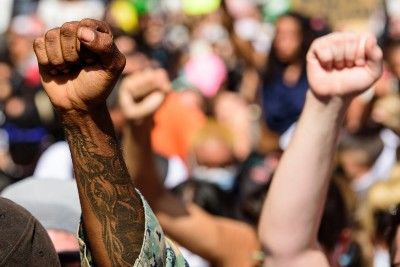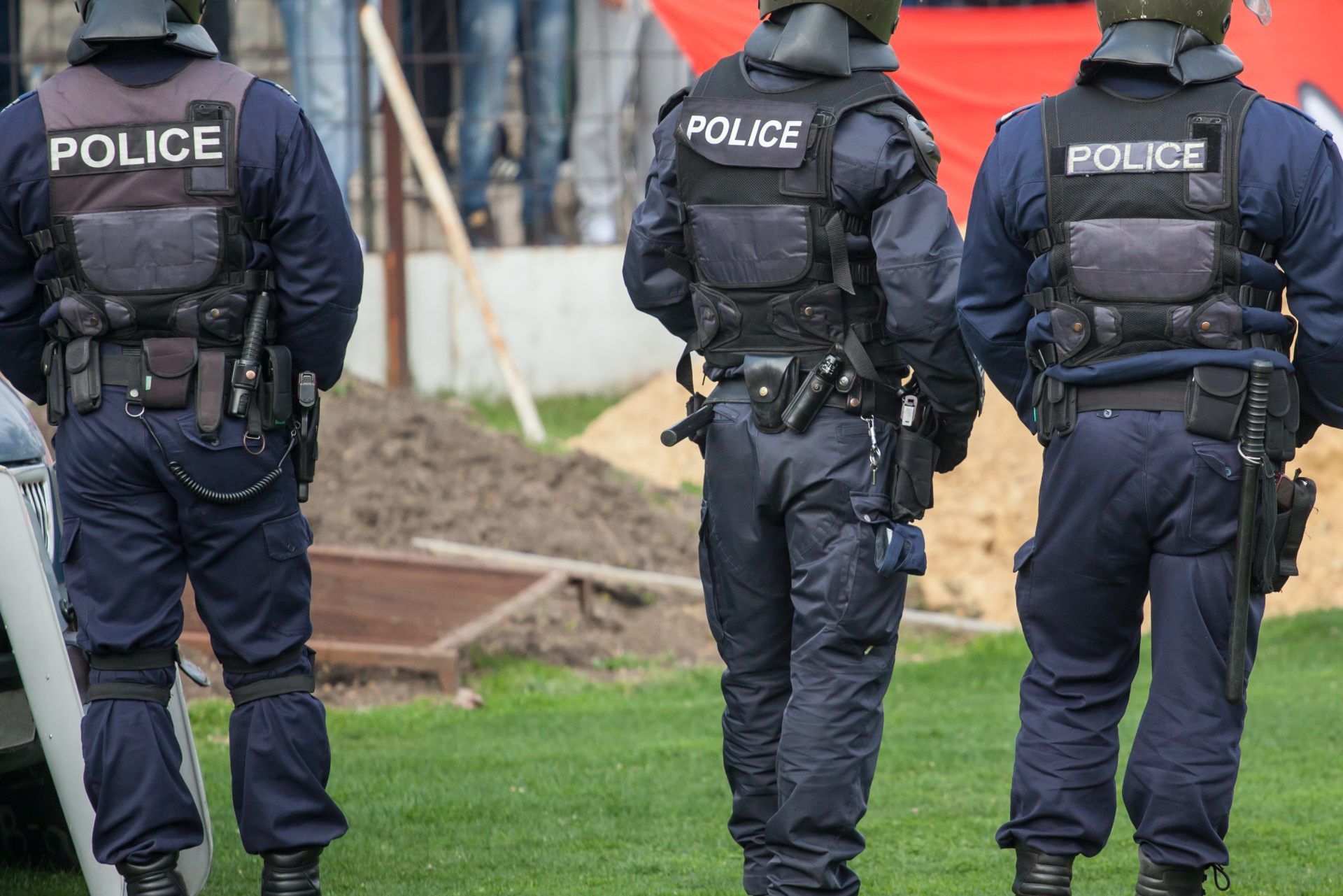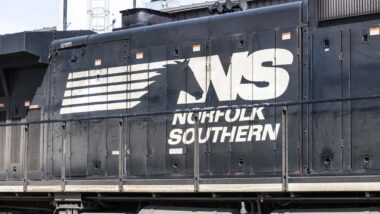Top Class Actions’s website and social media posts use affiliate links. If you make a purchase using such links, we may receive a commission, but it will not result in any additional charges to you. Please review our Affiliate Link Disclosure for more information.
A group of demonstrators, journalists, observers and others have field a class action lawsuit against the city and county of Denver, challenging what they call an excessive use of force by the police at protests.
This lawsuit, filed in federal court, is the second one filed over the alleged violence used by Denver police at protests over the death of George Floyd, a 46-year-old Black man who died at the hands of Minneapolis police in May.
The second George Floyd Denver protest police violence class action lawsuit was filed by Ambrose Cruz, Sara Fitouri, Jacquelyn Parkins, Youssef Amghar, Andy Sannier, Francesca Lawrence and Kelsey Taylor. They assert the Denver Police Department used unjustifiable violence against peaceful protesters. They note that the violence and risk of the police tactics was compounded by the existing COVID-19 risk, saying that crowd control methods like tear gas and kettling effectively weaponized the coronavirus against protesters.
The class action lawsuit aims to hold the city and county accountable for the Denver Police Department’s actions, because the city allegedly is responsible for supervising and enforcing the police department’s policies, practices and conduct.
The demonstrators assert that the city should have implemented better polices, practices and training to prevent the cruel and unjustified violence used against demonstrators. The demonstrators call the city the “moving force behind the misconduct” of the police.
The demonstrators call the actions of the police officers excessive force and say it prevented the protesters from exercising their constitutionally protected right to free speech.

Highlighting the supposed desire to cause violence and to brutalize those involved, the Denver protest class action lawsuit also notes police specifically targeted medics whose goal was to give aid to injured individuals.
The violence was also coupled with the arrest of more than 350 people over several days, beginning May 28, 2020, the first day of the Denver protests.
Allegedly, these arrests were made even though the protests were “overwhelmingly peaceful.” According to the demonstrators, officers indiscriminately used harmful crowd-control weapons without giving protesters warning. The demonstrators say weapons like pepper spray, pepper bullets, paint balls and others were used even when demonstrators were peacefully chanting, sitting or lying on the ground.
According to the demonstrators, the city then implemented a citywide nighttime curfew from May 30 through July 4, 2020, and arrested protesters for violating the curfew. Allegedly, this curfew an arrest tactic violated the First, Fourth, and 14th Amendment rights of the protesters, because the department violated their rights to due process and equal protection under the law.
Cruz, Fitouri, Parkins, Amghar, Sannier, Lawrence and Taylor argue that they were among many other protesters whose rights were violated by the police department and the city and county of Denver. They seek damages on behalf of themselves and all other similarly affected individuals and ask the court to restrain the city and county from continuing to use violence and unconstitutional conduct.
The class action lawsuit asks for a declaratory judgement establishing the the city and county of Denver did indeed violate the demonstrators’ rights under the US Constitution, and a preliminary and permanent injunction barring the city from continuing to engage in unlawful and constitutional activity like those detailed in the demonstrators’ complaint.
The demonstrators also ask for general, compensator and punitive damages for a proposed class of all those demonstrators, observers, journalists and others brutalized by police in the Denver George Floyd protests.
This is not the first time the Denver police have been accused of using excessive force.
The previous Denver police violence class action lawsuit argues that the police have previously targeted members of the press, citing a 2018 settlement with a reporter who was arrested while documenting the conduct of the Denver police.
How has your city responded to the murder of George Floyd? Has any effort been made to reform systems? Share your experiences in the comments below.
The plaintiffs are represented by Elizabeth Wang and Daniel M. Twetten of Loevy & Loevy.
The Denver George Floyd Protest Police Violence Class Action Lawsuit is Amrose Cruz, et al. v. City and County of Denver, Colorado, et al., Case No. 1:20-cv-01922, in the U.S. District Court for the District of Colorado.
ATTORNEY ADVERTISING
Top Class Actions is a Proud Member of the American Bar Association
LEGAL INFORMATION IS NOT LEGAL ADVICE
Top Class Actions Legal Statement
©2008 – 2024 Top Class Actions® LLC
Various Trademarks held by their respective owners
This website is not intended for viewing or usage by European Union citizens.
















One thought on Denver Police Sued Again Over Alleged Attacks on Protesters
File me PLEASE